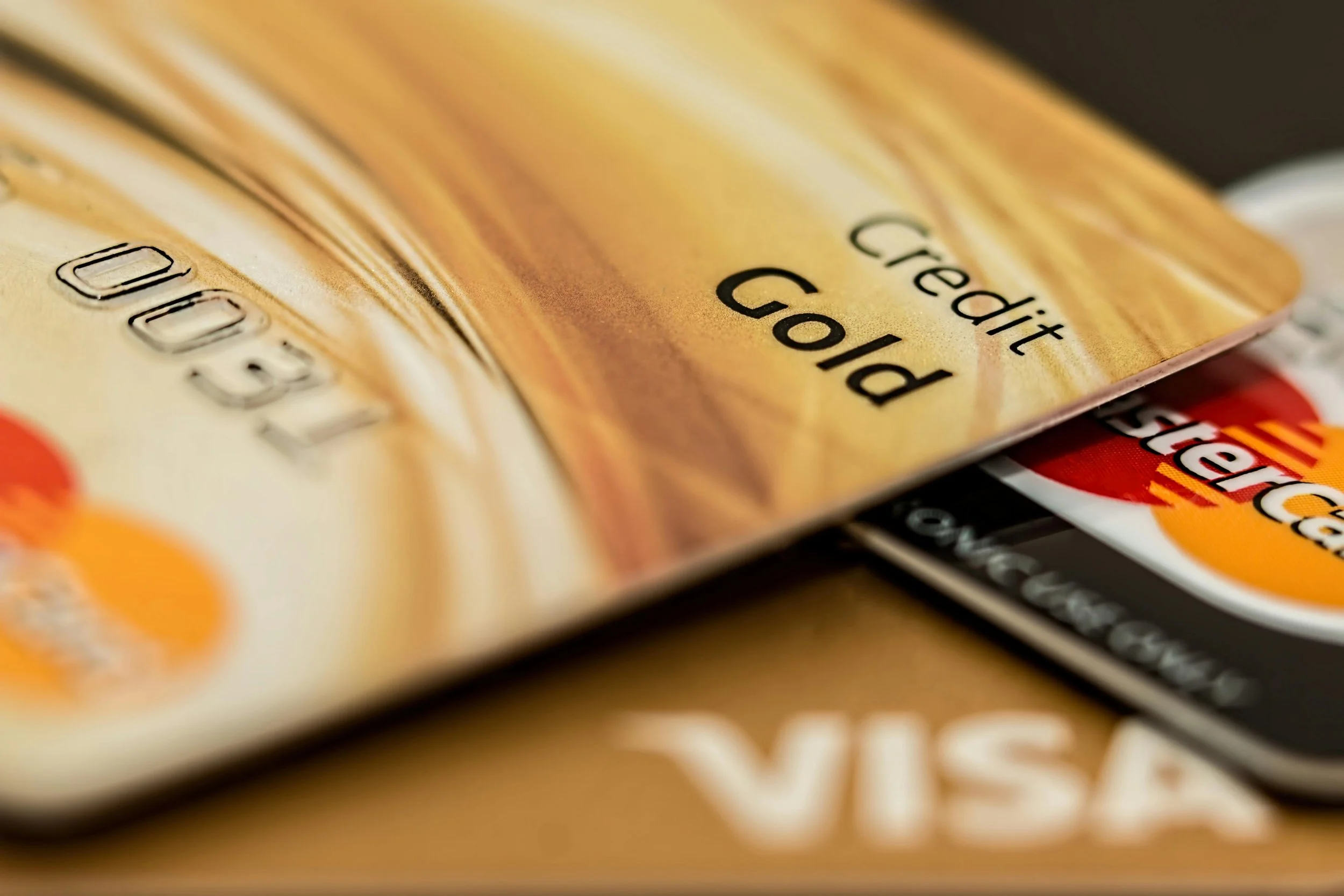This is how to ‘try’ not to miss your credit card payments when you’re flat out of cash
When you miss payments it’s a hit to your credit, but it also means your balance grows — more debt on debt, which is basically compound interest working against you rather than for you.
Polling from Equifax shows a staggering number of Canadians have missed credit card payments recently due to the high cost of living, unemployment and an overwhelming amount of pre-existing debt commitments, namely car loans, that were taken out way before all this trade war and tariff business began. And though Canadians appear to be slashing spending left, right and centre, many are still falling behind.
The stress of knowing you really can’t afford to pay your credit card debt is enormous and probably causing sleepless nights. Try these ideas, and don’t delay.
Be completely honest with yourself about what’s happening
Stop all unnecessary spending instantly. Take a deep breath.
You can only make a plan if you pause and become completely aware of the full debt situation. Beating yourself up is not going to help. You’ve got to deal with it, not dwell on it.
List all credit cards with balances, interest rates, and minimum required payments. Then, identify how much you owe in total and which card(s) are costing you the most — those with the highest interest.
Quickly assess your capacity to do three things
First, do you have any mechanisms at your fingertips to generate immediate extra income?
Now is the time to work more, take on extra shifts, activate your old side hustle that got put on ice (babysitting, dog walking, house cleaning, decluttering services, personal training, etc.). File your taxes (even though it’s past the deadline), especially considering more than 70 per cent of Canadians get a refund. See if you can get your bonus sooner, or qualify for a higher amount. If someone owes you money, ask them to pay you back right away.
Second, can you come up with any extra cash by selling things?
It could be a bike, baking mixer, gaming equipment, a second car, designer bag or stroller. Post whatever you can for sale online (Kijiji, Facebook Marketplace, eBay, your local swap and sell site, etc.). Now is not the time to hold on to “stuff” just in case you’ll need it in the future. The truth is, you need it now.
Third, can you trim your spending?
Can you cut out all subscriptions and memberships? Can you switch to a low-cost grocery store and achieve a state of zero food waste? Can you completely eliminate all non-essential spending and even not renew leases for rentals or cars? Try all these options.
Any extra money you can earn rapidly can be put toward making at least the minimum payments on your credit cards. If there’s excess funds, put it on the highest-interest debt. If you can potentially repeat this strategy to raise a bit more money, keep putting a little extra on the highest-interest balance until it’s paid off, then move to the next highest-interest balance. This is the avalanche method to reduce debt — it only works if you commit to avoiding any new debt while in the process.
Call your credit card companies
They want to get repaid. Thus, many creditors are willing to work with you during this period of financial hardship. When you call them, explain what’s happening and explore things like a lower interest rate, waived late and over-limit fees, hardship plans, etc.
Explore if consolidation is an option
In your calls with your credit card companies, they may bring up consolidation — or balance transfer — options, and this could be a really helpful solution. If they don’t bring it up, ask your primary bank if they offer consolidation loans or look online.
By consolidating all the credit card balances (maybe even other personal loans as well) to a lower-rate loan or line of credit, you can bring down the interest costs you pay every month. This also typically results in lower overall payments, and more of your payments can go toward the principal balance rather than interest.
Consolidation loans can be tough to qualify for, especially if you’ve missed payments recently. If you are declined on your first application, take the next six months to make progress on the balances and then try again to qualify for the consolidation loan. Don’t keep applying! That’s bad for your credit, and won’t change the outcome. Only time and progress on the balances will do that.
Private consolidations from family are very common right now. If that’s an option, make sure you and your loved ones have a solid agreement in place about how repayment will work, over what period of time and the cost, if any.
Give these techniques a serious effort for at least 90 days. If you still can’t make your minimum payments, get in touch with a licensed insolvency trustee service who can help you explore if a consumer proposal is the right approach for you.
This article was originally published in The Star. Lesley-Anne Scorgie is a Toronto-based personal finance columnist and a freelance contributing columnist for the Star.

